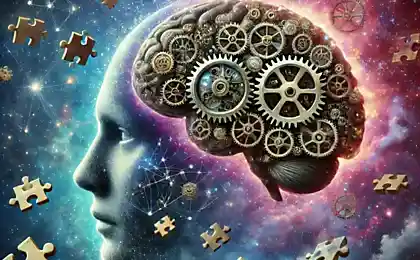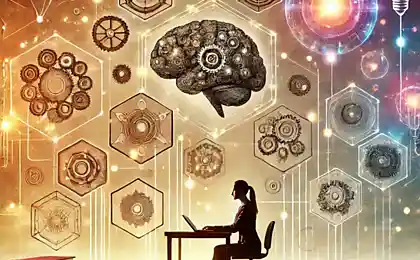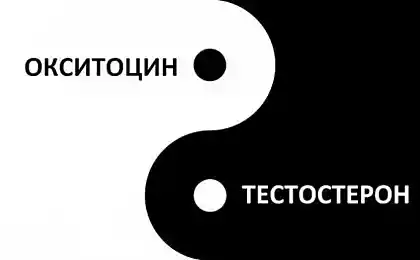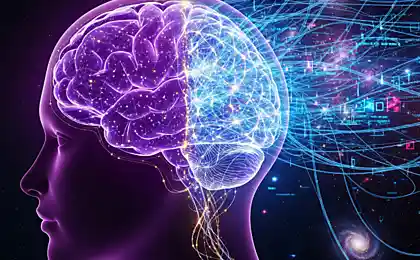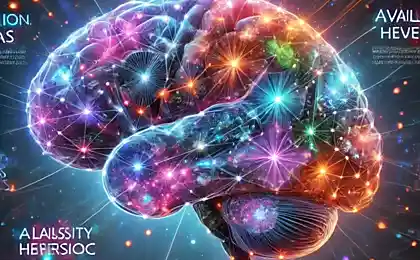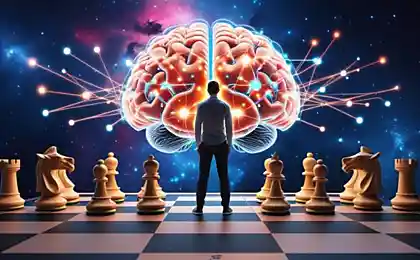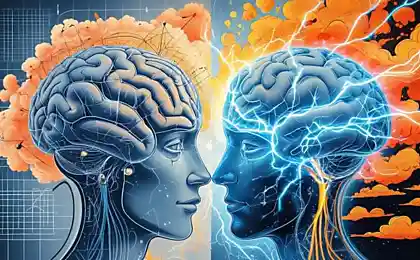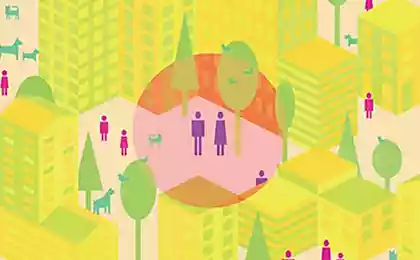226
How does digital technology influence our thinking?
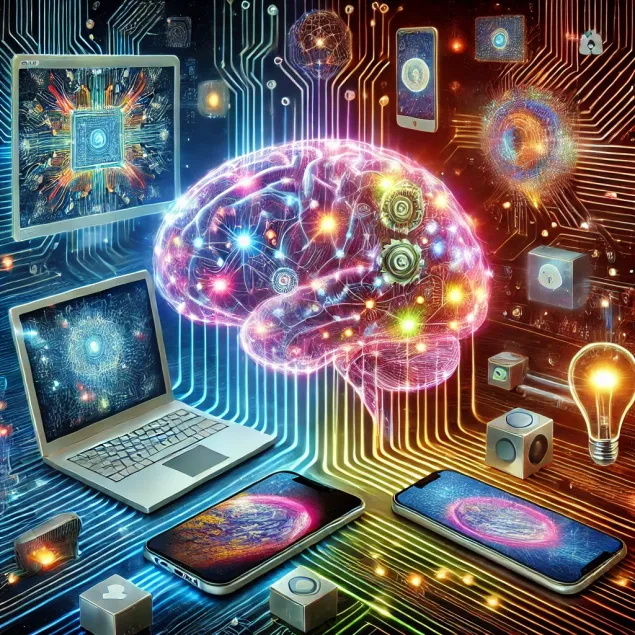
Introduction. In recent decades, digital technologies have become an integral part of our daily lives. Smartphones, tablets, computers and the Internet have not only changed the way we communicate and work, but also significantly affected human cognitive functions. In this analytical review, we look at how gadget use and constant access to information affect our memory, attention, and critical thinking, and suggest practical steps to preserve and improve cognitive abilities in the digital information age.
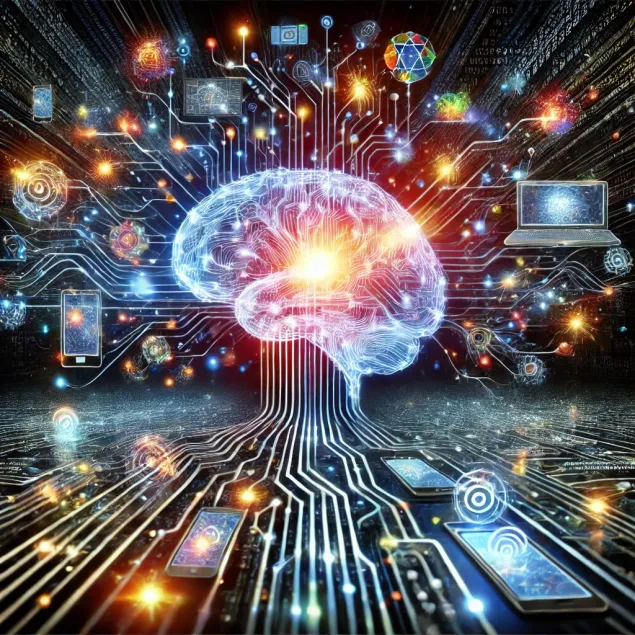
The impact of digital technology on memory
One of the most notable consequences of the widespread use of digital devices is a change in our approach to memory. Previously, active efforts were required to memorize information, which contributed to the development of cognitive abilities. Modern technologies, such as smartphones and computers, provide instant access to a huge amount of data, which leads to less active use of our memory.
- The Google effect: Studies show that people are less likely to remember information if they know they can quickly find it online. This reduces the need for long-term memory.
- Working memory load: Constant notifications and multitasking distract attention, which complicates the process of memorizing and assimilating new information.
579487
Digital technologies and attention
The impact of digital technology on human attention is one of the most discussed topics in modern psychology. The advent of social media, streaming information and constant notifications has significantly reduced our ability to concentrate.
- Decreased concentration: Frequent switching between tasks and constant distractions make it more difficult to maintain long-term concentration on one task.
- Surface perception of information: Fast browsing and scrolling of content on the Internet leads to superficial perception, which makes it difficult to understand and analyze information in depth.
Critical Thinking in the Digital Age
In the face of information overload, critical thinking is becoming an increasingly important skill. On the one hand, access to a variety of sources of information allows you to broaden your horizons and deepen your knowledge. On the other hand, excessive information and the spread of fake news require us to be able to analyze and evaluate the reliability of the data obtained.
- Information filtering: The ability to quickly evaluate sources of information and separate facts from opinions becomes a key skill for modern man.
- Analysis skills: Constant interaction with a large amount of information stimulates the development of analytical skills, but requires a conscious approach to data processing.
Steps to “unload” the brain and preserve cognitive abilities
To minimize the negative impact of digital technologies on cognitive function, it is important to introduce certain practices and habits into everyday life:
- Time limit for gadgets: Set time limits for using smartphones and computers, especially before bedtime.
- Mindfulness techniques: Practice meditation, yoga, or other techniques that help you focus on the present moment and reduce stress.
- Active learning: Engage in new activities that require active participation and cognitive development, such as learning a language or playing a musical instrument.
- Social media detox: Regularly arrange periods when you completely abandon social media and other entertainment apps.
- Physical activity: Regular exercise helps improve blood circulation and overall brain health.
Conclusion
Digital technologies have a profound impact on our thinking, changing the way we remember, concentrate and analyze information. Despite some negative aspects, they also provide new opportunities for self-development and cognitive improvement. The key is the conscious use of technology and the implementation of practices aimed at preserving and developing our mental abilities. By following these guidelines, you can effectively manage your attention, memory and critical thinking while maintaining a balance between the digital and real world.
It’s important to remember that science is constantly evolving, and understanding the interaction between technology and the human brain also continues to deepen. Stay open to new research and techniques that will help you adapt to a changing world while keeping your cognitive abilities high.
Developing awareness through breathing practices
Chef himself: culinary life hacks for everyday life

